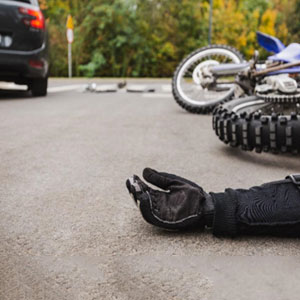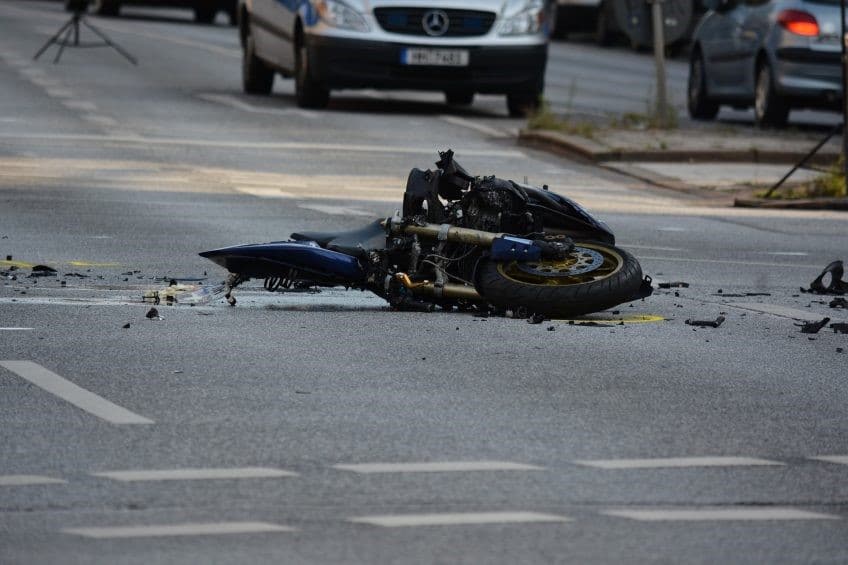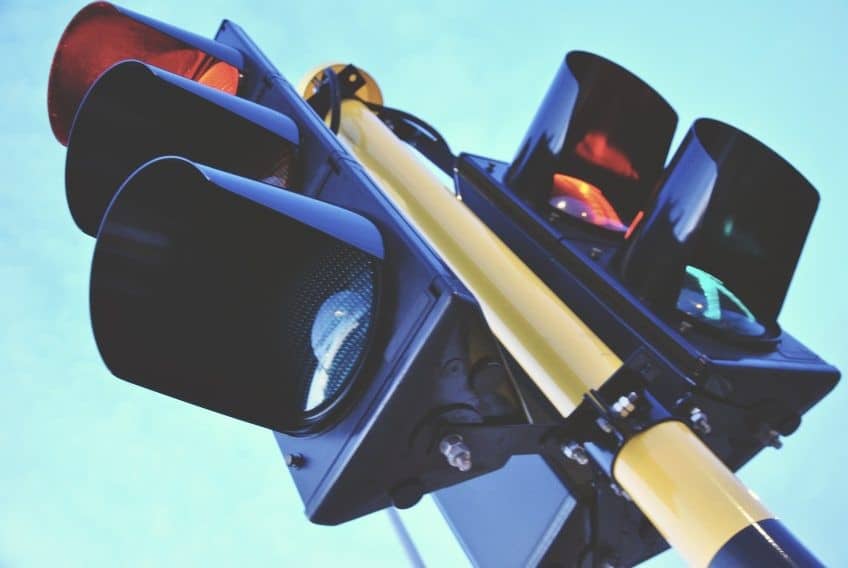Importance Of Temporary Motorcycle License On Comparative Fault
Motorcycle AccidentsIn Stewart v. Draleaus, (Case Number 4D15-2320, 4D15-2321- and 4D15-2322), a violation of a temporary motorcycle license, not allowing him to the motorcycle driver to carry a passenger, was held to be considered relevant evidence in a trial.
Contested Facts Of The Accident
To understand the outcome of this case, you need to understand the accident and what both sides claimed.
The motorcyclists in this case claimed that the defendant, driving a Chevrolet Camaro, revved his engine, deliberately paced them, swerved into their lane more than once, and ultimately struck one motorcycle causing a collision with the second motorcycle.
The motorcyclists sustained significant injuries from the accident.
On the other hand, the defendant driving the Camaro disputed the story of the motorcyclists. Instead, he admitted that he revved his engine but denied exceeding the speed limit, racing, or hitting the motorcyclists. He claimed that he saw one motorcyclist attempt to turn right but instead struck the second motorcyclist causing them to hit a curb and a telephone pole.
Making the factual scenario in this case more complicated, there was inconsistent testimony from a variety of witnesses who claimed significant differences in speed and different accounts of what events caused the accident.
The jury found the defendant driving the Camaro 55% responsible and the 45% for the motorcycle driver.
Before we go further, it should be interesting to take notice that there does not appear to be any mention of physical damage to the Camaro in this case.
Legal Relevance Of License Violation
The trial judge made a ruling that the temporary motorcycle license that did not permit passengers was not the cause of the accident and was, therefore, not admissible as relevant evidence.
In Florida, “relevant evidence” is considered any evidence that “tends to prove or disprove a material fact at issue.” See Section 90.401, Fla. Stat.
Additionally, prior Florida Supreme Court authority found in Brackin v. Boles, 452 So. 2d 540 (Fla. 1984) states that “a violation of the driver’s license law is admissible if relevant to the issues in a cause.” Further, a majority of states agree with this position in the law.
In the case, the motorcycle driver testified that carrying a passenger changes the dynamics of a motorcycle. In a case legal liability is disputed as in this one, the fact that a driver may not be “qualified” to do what they were doing at the time of the collision is relevant to “prove or disprove” a degree of legal liability.
With that being said, the degree to which the drivers in this case are comparatively responsible is ultimately a question reserved only for the jury. The lawyers (and perhaps even the judge) could likely never agree on what the legal responsibility would be in a case such as this. This is why we have jury trials and is why trials should remain decided by the people.
In this case, the jury must not have liked the admission from the defendant of “revving” his engine but denying that he was racing the motorcycles. On the other hand, as mentioned above, the lack of mention of crash damage to the Camaro is likely evidence that he may not have actually struck the motorcyclist. Regardless, the jury’s verdict tells us that they thought the fault for this case was pretty close to equal.
We do not know how a retrial will turn out when evidence of the motorcyclists consuming alcohol before the crash gets introduced.
Refresher On Accident Report Privilege
Another highly litigated issue in this case was the extent to which the accident report privilege applies. This case re-iterates that the accident report privilege only applies to the “drivers” involved in the accident as they are “compelled” to by Florida law to file a report within 10 days of the accident. Passengers and witnesses are not required to do so and are, therefore, not given “immunity” or “privilege” for what they may have said at the scene of the accident when interviewed by police.
Getting Help With Your Motorcycle Accident Case
When there is a significant injury that has occurred in a motorcycle accident, the injured person or their family should consider retaining legal counsel to investigate and preserve evidence. You may even need to file a lawsuit in order to prevent a potential defendant from destroying evidence and to lock the other driver down on their story of what happened.
To obtain a free consultation for what your motorcycle accident case needs, you should contact a motorcycle accident attorney in Lakeland, Florida to discuss your situation. If your case has merit, your case will be accepted and attorney fees will be paid only in the event of a settlement. Contact us for your free case review today.


